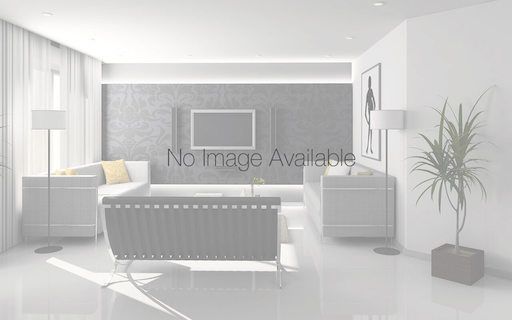For residents living in apartments in Chicago, understanding the noise ordinance is essential to maintaining a peaceful environment. The Chicago Noise Ordinance provides guidelines to prevent noise pollution and disturbances in residential areas.
Overview of the Chicago Noise Ordinance
The Chicago Environmental Noise Ordinance is designed to regulate sound levels in the city. It restricts amplified sound between 10:00 p.m. and 8:00 a.m. in residential areas, including apartments. This ordinance ensures that sounds are not louder than an average conversation beyond 100 feet from the source during these hours.
Noise Ordinance Chicago Apartments
In Chicago, the noise ordinance applies to all residential areas, including apartment buildings. Residents are expected to keep noise levels down during quiet hours, which are typically between 10:00 p.m. and 8:00 a.m. Any noise that exceeds these limits can be reported to local authorities, who may issue citations for disturbances.
Addressing Noise Complaints in Apartments
For apartment dwellers experiencing noise issues, the first step is to try resolving the problem directly with their neighbors. If this approach fails, they can file a complaint with either the landlord, homeowners association, or local authorities. It's important for residents to be aware of their rights and the procedures for reporting noise complaints under the city of Chicago apartment noise ordinance.
City of Chicago Apartment Noise Ordinance: Key Provisions
The Chicago Noise Ordinance outlines specific provisions forconstruction, repair, or demolition equipment, which cannot be used within 600 feet of a residential building or hospital between 8:00 p.m. and 8:00 a.m.. Additionally, businesses with liquor or amusement licenses must keep noise levels down at all times.
Conclusion
Understanding and complying with the Chicago noise ordinance is crucial for maintaining harmony in apartment communities. Awareness of these rules helps residents and property managers address noise issues effectively.
